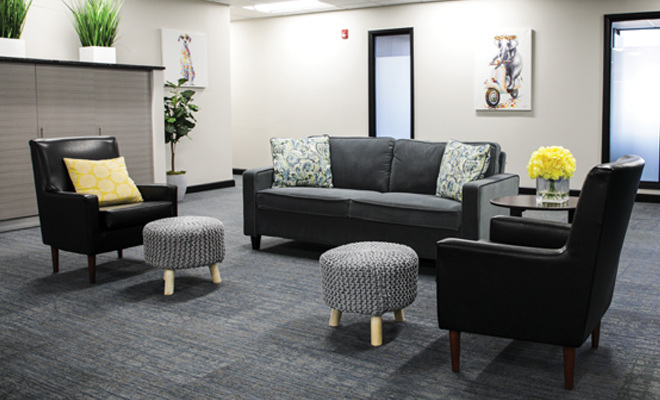
Supporting and Recognizing Eating Disorders
Q: I think my loved one/friend is struggling with an eating disorder. How do I best support them?
A: First, learn all you can about eating disorders. Then, let the person know you are concerned. Be prepared for reactions such as denial or hostility, and be patient as the person expresses their feelings. Avoid commenting on the person’s appearance or dwelling on eating behaviors, and don’t make comparisons to others. Keep the conversation as informal and personal as you can, and remember that your role is to provide support, not therapy. Encourage them to seek professional assistance at a center such as EDCare, which offers effective, empowerment-based treatment plans that support recovery for adults.
Q: A member of my family has an eating disorder. How can it affect the other members of our family, and what is the best way to address it?
A: Eating disorders almost always affect a person’s loved ones and can be scary for a family to deal with. Consequently, it’s important to address the issue while maintaining as normal a lifestyle as possible. If the eating disorder becomes the sole focus of your family, other family matters may feel neglected. However, setting aside time for family discussions is helpful, as it allows everyone to speak their mind and express their feelings. Remember, communication is better received when it is done without extreme emotion or negativity. It’s also important for your family to feel like they have the support they need outside of the home. At EDCare, in addition to individual and group therapy sessions for the person suffering from the eating disorder, family therapy sessions provide a safe environment for processing family issues related to the eating disorder. ■
Written by: Dr. Sheila Swearngin, CEDS-S
At EDCare, experienced, knowledgeable staff is one of the greatest assets. The lead psychologist and training supervisor at the Kansas City center, Dr. Sheila Swearngin, CEDS-S, is a licensed psychologist in both Missouri and Kansas and is a Certified Eating Disorder Specialist through the International Association of Eating Disorder Professionals. She has an MA in clinical psychology and a Ph.D. in counseling psychology from the University of Missouri in Kansas City. She completed her pre-doctoral internship at the University of Kansas, School of Medicine in Wichita and Wichita State University. She has more than 20 years of experience as a psychologist, specializing in the treatment of eating and related disorders, compulsive exercise and working with student athletes, addressing body image, trauma and chronic health concerns. Dr. Swearngin conceptualizes patients as being experts of their own story and envisions the process of treatment as collaborative.










